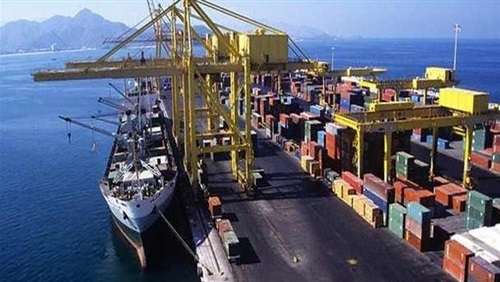
Oil prices fell by 1 percent on Wednesday as rising Libyan production fueled concerns that OPEC-led output cuts are being undermined by several countries that are excluded from the deal.
Global benchmark Brent crude futures LCOc1 dropped 52 cents to $51.32 a barrel by 0838 GMT and US West Texas Intermediate (WTI) crude futures CLc1 traded at $49.14, also down 52 cents.
“It’s the sum of all the negatives that have emerged since last week’s OPEC meeting,” said Ole Hansen, head of commodities strategy at Saxo Bank.
“Traders covered short positions ahead of OPEC and some of these have now been re-established.”
The Organization of the Petroleum Exporting Countries (OPEC) and other producers including Russia agreed last week to extend a deal to cut production by around 1.8 million barrels per day (bpd) until the end of the first quarter of 2018.
Certain OPEC members, such as Libya and Nigeria, and shale oil producer the United States are not part of the agreement, leaving room for further production growth from these exporters.
Libya’s oil production is expected to rise to 800,000 bpd this week, state-run National Oil Corporation said on Monday, which is likely to boost the country’s exports.
Shipping data on Thomson Reuters Eikon shows that, excluding pipeline exports, Libya has sent out an average of 500,000 bpd of crude oil so far this year, compared with only 300,000 bpd shipped on average in 2016.
Libya’s rising production and exports add to soaring US output, which is largely because of a more than 10 percent jump in shale oil drilling since the middle of last year to more than 9.3 million bpd C-OUT-T-EIA, close to top producers Saudi Arabia and Russia.
Official government data showing weekly US crude inventories will be published on Thursday.
Meanwhile compliance with the OPEC-led deal remained high among the group’s members, with industry sources saying that Russian figures for May also show output in line with its pledge.
Saudi Arabia’s Energy Minister and his Russian counterpart said on Wednesday that cooperation between OPEC and non-OPEC producers is seen lasting beyond next March, when the current output deal expires.
“We want to institutionalize cooperation between OPEC and non-OPEC producers,” Falih said.
Reporting by Karolin Schaps in London; Additional reporting by Henning Gloystein in Singapore; Editing by David Goodman




